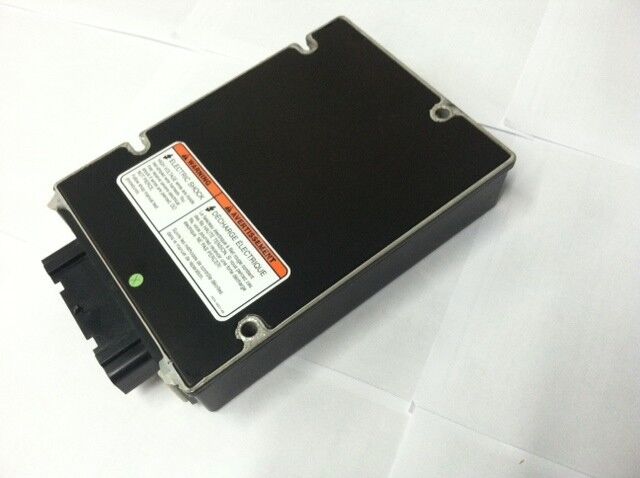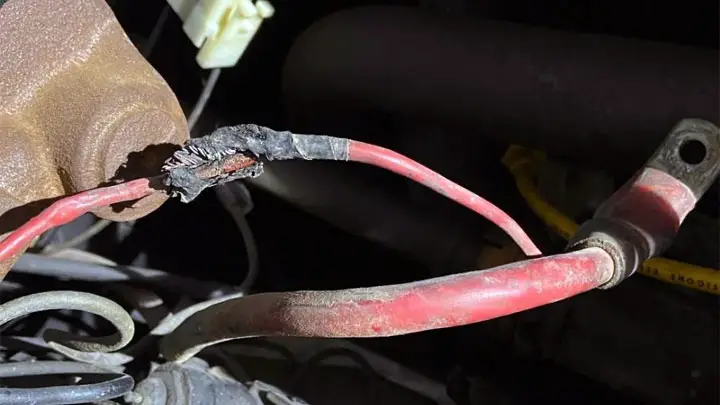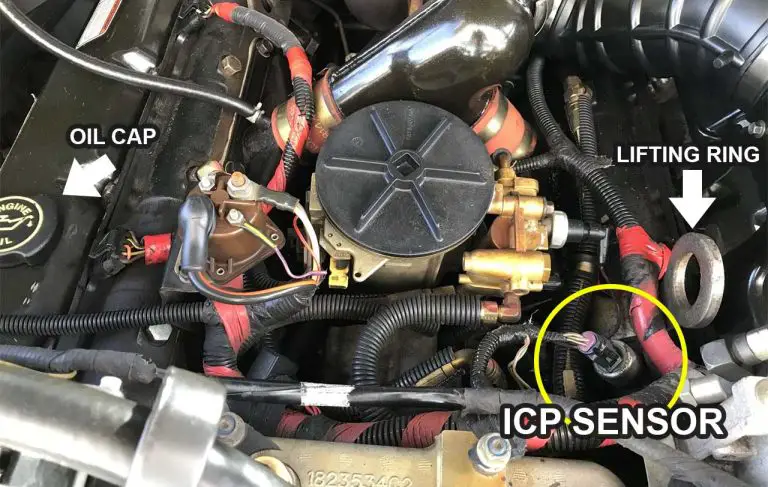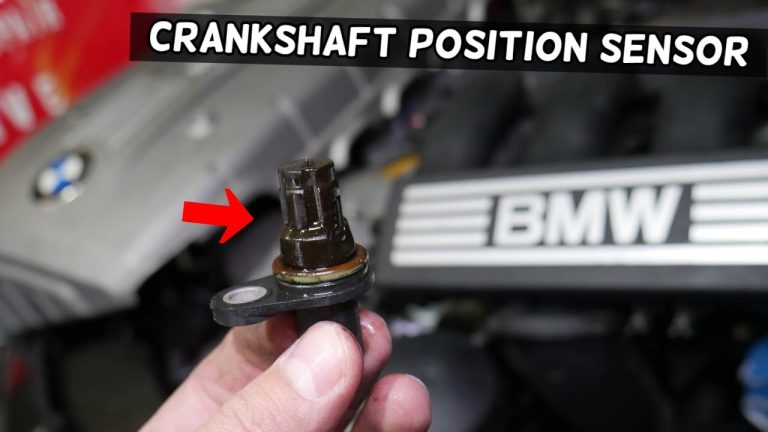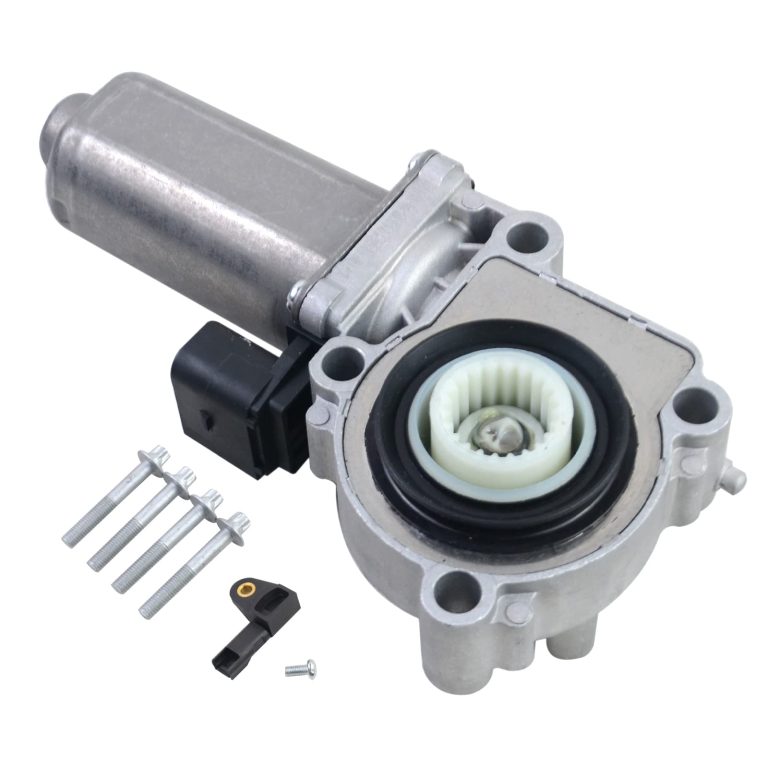Symptoms of a Bad Injector Driver Module
As a vehicle owner, it’s essential to be familiar with the various components of your car’s fuel injection system. The injector driver module (IDM) is a crucial part of this system, responsible for controlling the fuel injectors and ensuring the proper delivery of fuel to the engine. When the IDM malfunctions, it can lead to a range of issues that can affect the performance and efficiency of your vehicle.
What is an Injector Driver Module (IDM)?
The injector driver module (IDM) is an electronic component found in diesel engines with electronically controlled fuel injection systems. Its primary function is to control the fuel injectors, regulating the timing and volume of fuel delivery to the engine cylinders. The IDM works in conjunction with the powertrain control module (PCM) to ensure that the correct amount of fuel is injected into the combustion chambers for efficient engine operation.
Symptoms of a Bad Injector Driver Module
When the injector driver module begins to fail, it can manifest in various symptoms that drivers should be aware of. Identifying these symptoms early on can help prevent further damage to the vehicle and avoid potential safety hazards. Here are some common signs of a bad injector driver module:
| Symptom | Description |
|---|---|
| Engine Misfires | One of the most common signs of a faulty IDM is engine misfires. If the fuel injectors are not receiving the proper signals from the IDM, it can result in uneven fuel delivery to the engine cylinders, leading to misfires and rough idling. |
| Excessive Smoke | A failing IDM can cause the fuel injectors to deliver an excessive amount of fuel, resulting in black smoke coming from the exhaust. This can indicate an imbalance in the air-fuel mixture and potential engine performance issues. |
| Decreased Fuel Economy | A drop in fuel efficiency can be attributed to a bad injector driver module. When the IDM fails to regulate the fuel injectors properly, it can lead to inefficient fuel combustion and increased fuel consumption. |
| Engine Stalling | A malfunctioning IDM can cause intermittent or consistent engine stalling. This can occur when the fuel injectors are not operating as intended, resulting in fuel delivery disruptions and engine shutdown. |
| Diminished Engine Power | A noticeable decrease in engine power and responsiveness can be a sign of a bad injector driver module. The engine may struggle to accelerate or maintain consistent power output due to fuel delivery irregularities. |
| Check Engine Light | When the PCM detects irregularities in the fuel injection system, it can trigger the illumination of the check engine light. This serves as a warning indicator for drivers to address the potential issue with the IDM. |
Diagnosing and Resolving IDM Issues
If you experience any of the aforementioned symptoms, it’s crucial to have your vehicle inspected by a qualified mechanic to diagnose and address the problem. A comprehensive diagnostic scan and inspection of the fuel injection system can reveal the underlying issues with the IDM. Depending on the severity of the problem, the following steps may be taken to resolve IDM issues:
Diagnostic Scan
A diagnostic scan using specialized equipment can pinpoint the specific fault codes related to the IDM and provide valuable insights into the root cause of the malfunction. This allows for targeted repairs and ensures that the IDM is properly diagnosed.
Idm Replacement
If the IDM is deemed irreparable or beyond reliable functioning, replacing the module is often the recommended course of action. A new, quality IDM can restore proper control of the fuel injectors and eliminate the associated symptoms.
Wiring And Connection Inspection
In some cases, IDM issues may stem from faulty wiring or poor connections. Thorough inspection and testing of the electrical components associated with the IDM can identify and rectify any wiring or connection problems.
Pcm Software Update
Ensuring that the PCM and IDM software is up to date can optimize the communication and coordination between these components. A software update can resolve compatibility issues and improve overall fuel injection system performance.

Credit: m.youtube.com
Frequently Asked Questions For Symptoms Of A Bad Injector Driver Module
What Are The Common Symptoms Of A Bad Injector Driver Module?
The common symptoms of a bad injector driver module include engine misfires, rough idling, and decreased fuel efficiency.
How Can I Diagnose A Faulty Injector Driver Module?
You can diagnose a faulty injector driver module by conducting a power balance test and using a diagnostic scan tool.
Why Is It Important To Address A Bad Injector Driver Module Promptly?
Promptly addressing a bad injector driver module is crucial to prevent further damage to the engine and ensure optimal vehicle performance.
Can A Bad Injector Driver Module Cause Long-term Engine Damage?
Yes, a bad injector driver module can lead to long-term engine damage if left unresolved, potentially resulting in costly repairs.
Conclusion
The injector driver module plays a critical role in the proper functioning of a vehicle’s fuel injection system. Being aware of the symptoms of a bad injector driver module is essential for timely diagnosis and intervention. If you notice any irregularities in your vehicle’s performance, especially related to engine misfires, excessive smoke, reduced fuel economy, or engine stalling, it’s advisable to seek professional automotive assistance to address potential IDM issues. By addressing IDM problems promptly, you can ensure the optimal operation of your vehicle’s fuel injection system and maintain its overall performance and efficiency.

